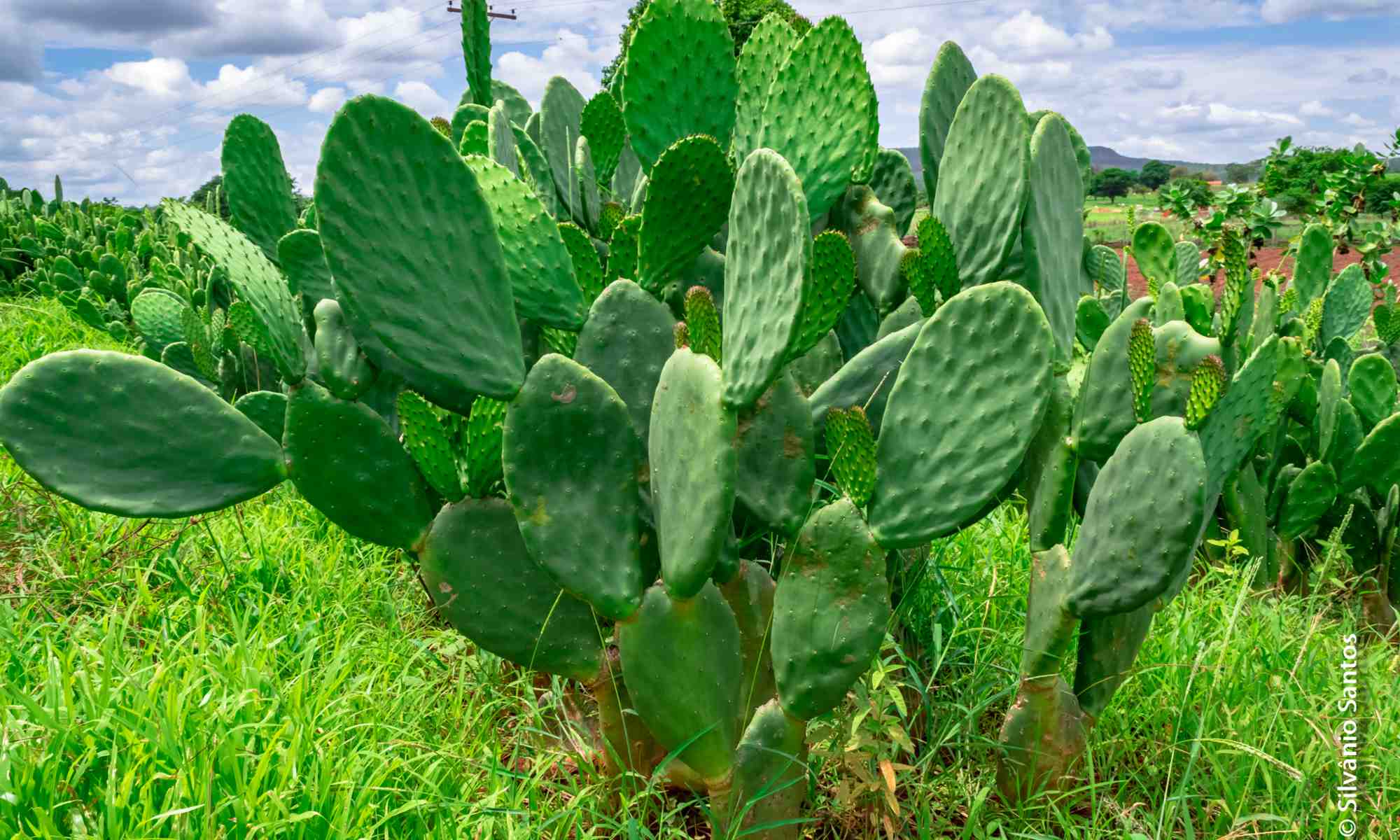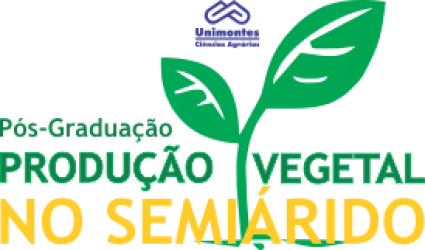- Version
- Download 13
- File Size 601.68 KB
- Create Date 16/06/2021
- Download
DIAS, Cristiano Marcos de Oliveira. Indicadores fisiológicos, fitotécnicos e agroindustriais de variedades de cana-de-açúcar cultivadas sob duas condições hídricas. 2011. 67 p. Dissertação (Mestrado em Produção Vegetal no Semiárido) – Universidade Estadual de Montes Claros, Janaúba, 2011.
A cana-de-açúcar é uma cultura de grande importância para o Brasil, porém em regiões onde ocorre a limitação da disponibilidade de água como no norte de Minas, o crescimento e o desenvolvimento da planta são prejudicados, causando prejuízos socioeconômicos. A restrição hídrica é um problema que afeta boa parte das áreas cultivadas no mundo, sobretudo, àquelas situadas nas regiões semiáridas. Assim, o presente trabalho teve como objetivo, avaliar a sensibilidade de indicadores fisiológicos, fitotécnicos, e agroindustriais em três variedades de cana-de-açúcar cultivadas com e sem irrigação. Essas informações poderão ser utilizadas para orientar produtores na escolha de variedades a serem cultivadas sob condições restritivas de água, e também para futuros programas de melhoramento genético da cultura. Para tanto, as plantas foram cultivadas em campo na Fazenda Experimental da Unimontes, localizado no Distrito de irrigação do Gorutuba em Janaúba-MG. O estudo foi em parcelas subdivididas com seis tratamentos (três variedades x duas condições hídricas), em delineamento em blocos casualizados, com quatro repetições. As condições hídricas de cultivo foram assim definidas: com irrigação e sem irrigação. As variáveis analisadas foram: índice SPAD, temperatura foliar, altura das plantas, diâmetro do colmo, produtividade total, º brix e percentual de fibra. Os dados foram submetidos à análise de variância e as médias comparadas entre si pelo teste de Tukey, com P < 0,05. A condição sem irrigação propiciou reduções significativas no índice SPAD, altura das plantas e produtividade total e provocou aumento significativo na temperatura foliar, ºBrix e percentual de fibra. As variedades SP 79-1011 e RB 72-454 apresentaram maior índice SPAD, mesmo sem irrigação. A condição sem irrigação propiciou também aumento significativo da temperatura foliar de 3,35 ºC em relação à condição irrigada. Para a variável altura das plantas, as variedades RB 72-454 e SP 80-1842, apresentaram as maiores médias. O diâmetro de colmos não foi influenciado pelas condições hídricas de cultivo, porém a variedade SP 79-1011 se destacou com maior diâmetro médio. As variedades RB 72-454 e SP 80-1842 obtiveram bons índices de produtividade. A variedade SP 79-101 apresentou o maior grau brix, diferenciando das demais variedades, e juntamente com a variedade RB 72- 454 apresentaram o percentual ideal de fibra para a indústria sucroalcooleira. Por fim, as variedades RB 72-454 e SP 79-1011 demonstraram, de maneira geral, desempenho regular para os indicadores avaliados, podendo-se inferir que estas variedades estudadas poderão apresentar boa adaptabilidade na região semiárida de Minas Gerais.
Palavras-chave: RB 72-454. SP 79-1011. SP 80-1842. Restrição hídrica.
Physiological, phytotechnical and agroindustrial indicators of sugarcane varieties cultivated under two water conditions
Sugarcane is an important crop for Brazil, but in regions where there is the limitation of water availability as the North of Minas Gerais, growth and development of the plant are damaged, causing socioeconomic losses. Water restriction is a problem that affects most of the cropland in the world, mainly those located in semiarid regions. Thus, the purpose of this study was to evaluate the sensitivity of physiological, phytotechnical and agroindustrial indicators in three sugarcane varieties, cultivated with and without irrigation. That information could be used for advise farmers to choose the varieties to be cultivated under restrictive water conditions, and also for future breeding programs of the culture. For that, the plants were grown on field at Experimental Farm of the UNIMONTES in the Gorutuba Irrigation District in Janaúba-MG. The study was in split-plots with six treatments (three varieties x two water conditions) in a randomized block design with four replications. The water conditions of cultivation were: with and without irrigation. The evaluated variables were: SPAD index, leaf temperature, plant height, stem diameter, total yield, ºbrix and percentage of fiber. The data were submitted to variance analysis and means were compared among themselves by Tukey test, with P < 0.05. The condition without irrigation provided significant reductions in the SPAD index, plant height and total yield and increased significantly the leaf temperature, ºbrix and percentage of fiber. The SP 79-1011 and RB 72-454 varieties presented higher SPAD index, even without irrigation. The condition without irrigation also increased significantly the leaf temperature of 3,35 °C in relation to irrigated one. For plants height variable, the RB 72-454 and SP 80-1842 varieties presented the highest averages. The stems diameter was not influenced by the water conditions of cultivation, but the SP 79-101 was stood out with larger average diameter. The RB 72-454 e SP 80-1842 varieties gotten good yield indexes. The SP 79-101 variety presented the highest °brix, differing from the other varieties, and with the RB 72-454 showed the ideal percentage of fiber for sugar and alcohol industry. Finally, the RB 72-454 and SP 79-101 varieties demonstrated, in a general way, regular performance for evaluated indicators, being possible infer that those studied varieties could present good adaptability to semiarid region form Minas Gerais
Keywords: RB 72-454. SP 79-1011. SP 80-1842. Water restriction

